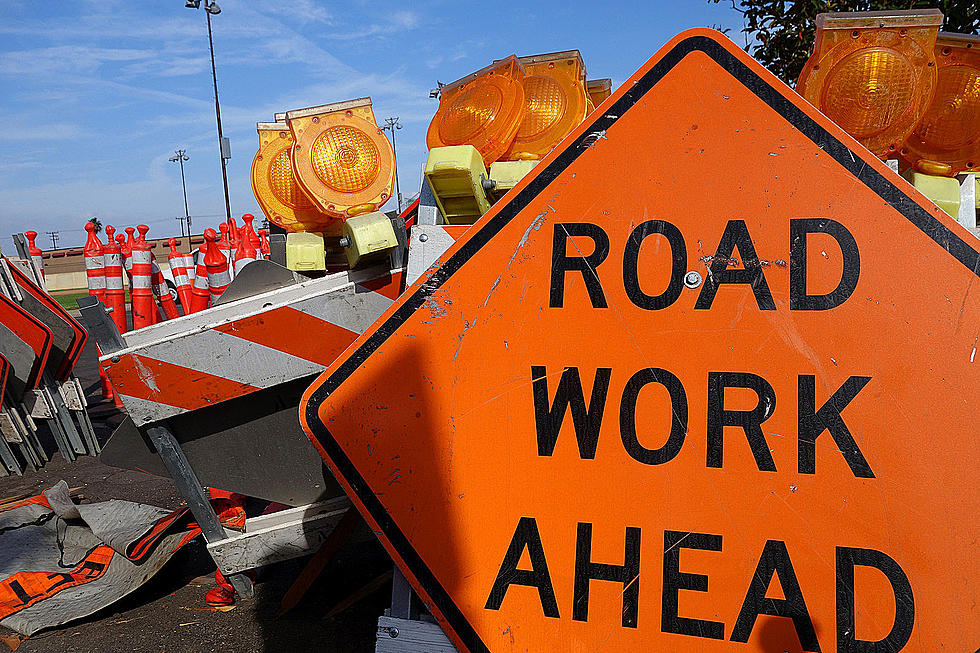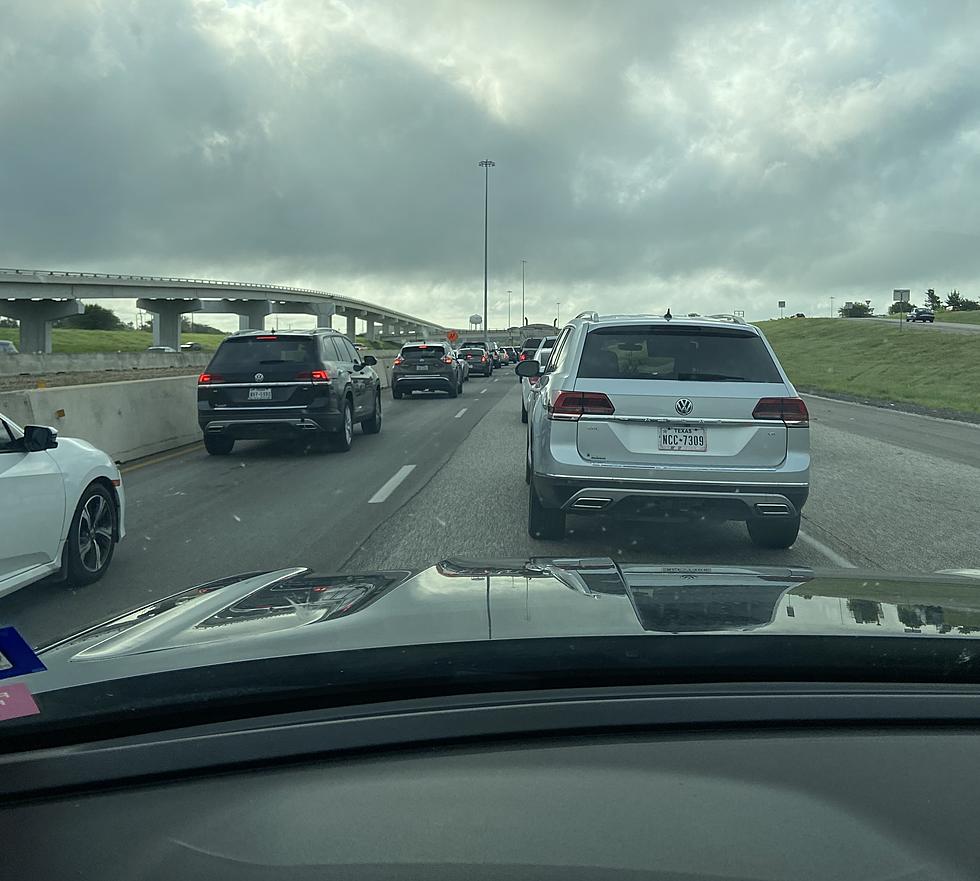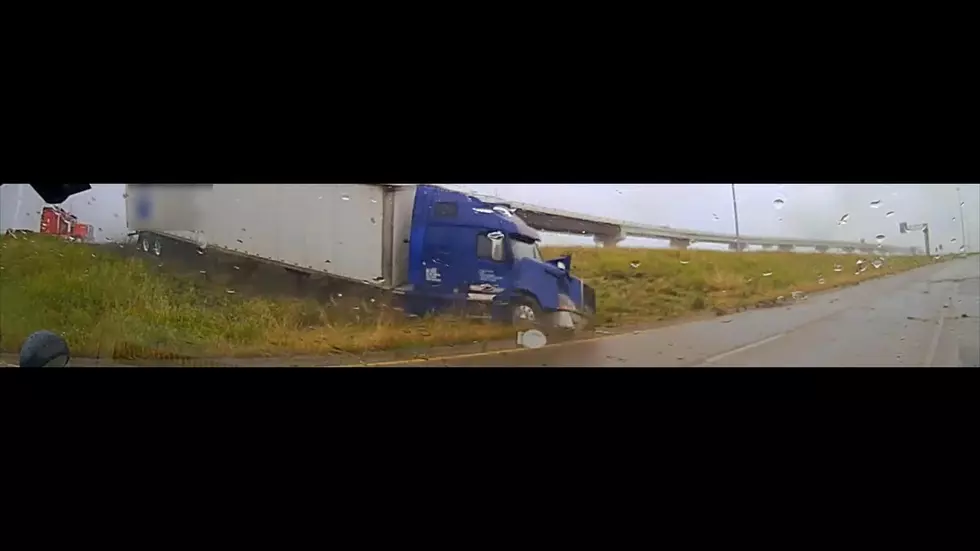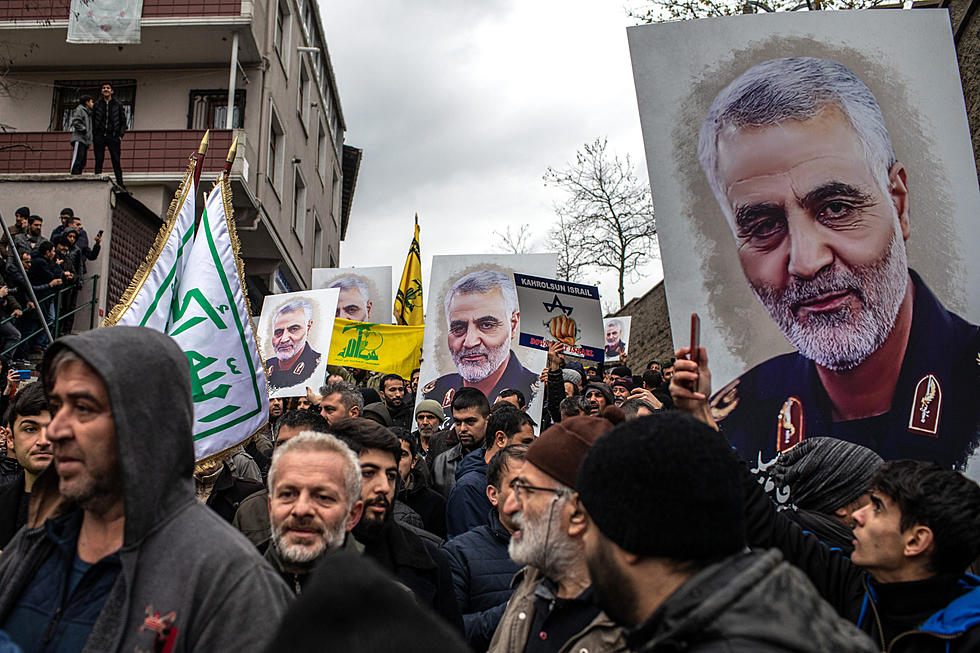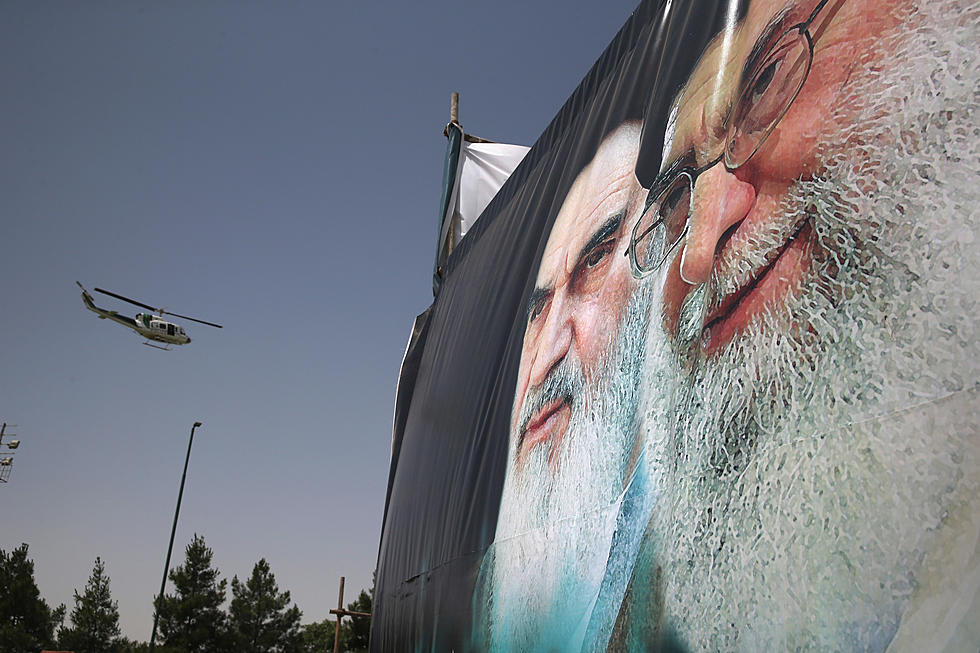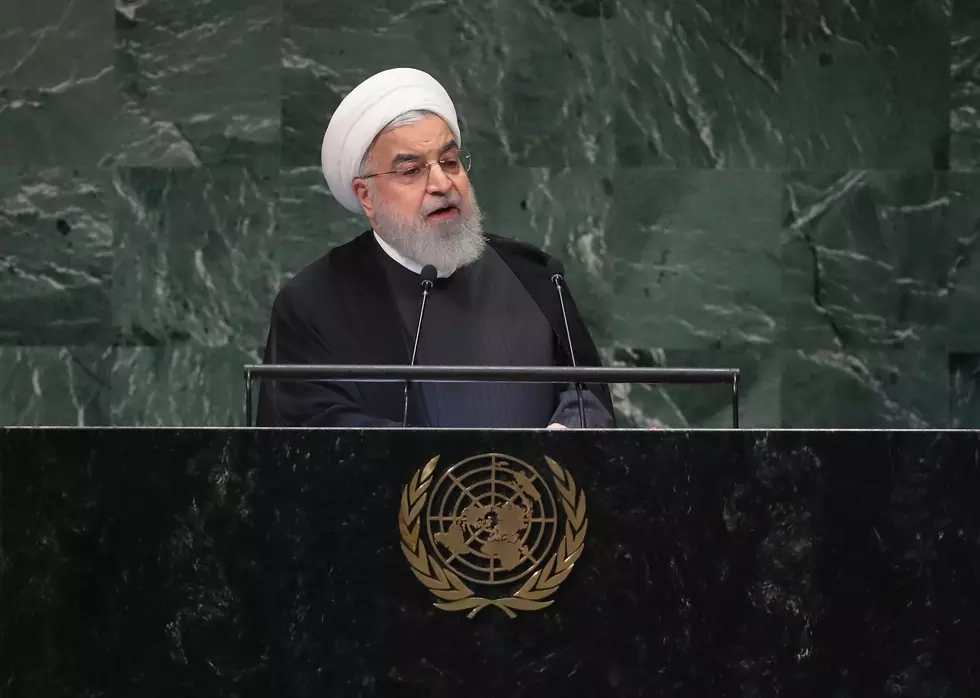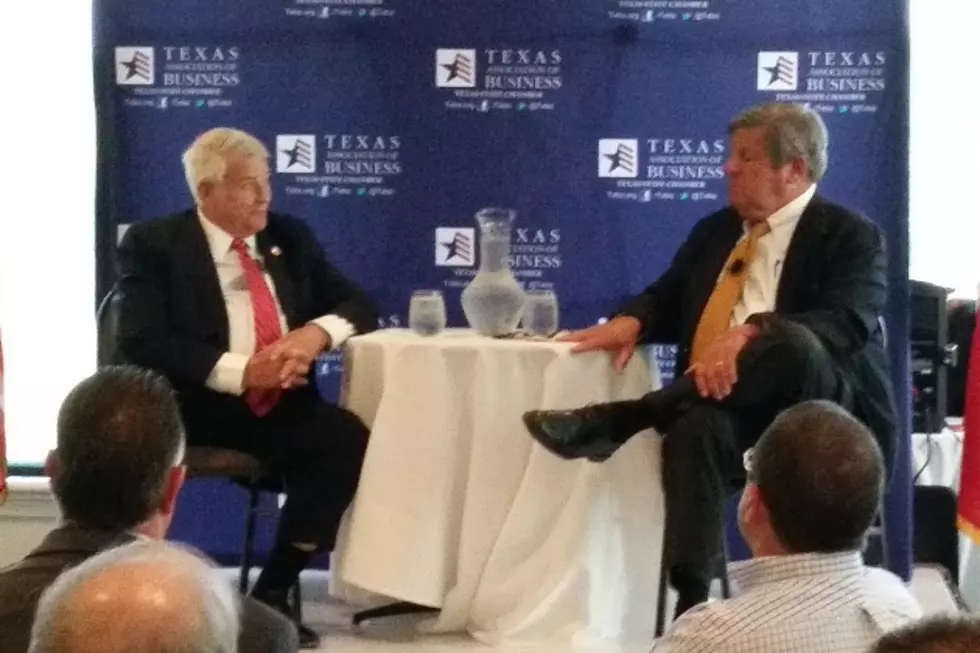
Congressman John Carter Speaks at Wildflower Country Club in Temple
John Carter, U.S. Representative for Texas' 31st congressional district, spoke before an audience of local business and city leaders at a luncheon hosted by the Wildflower Country Club in Temple Wednesday.
Carter answered questions posed by Texas Association of Business CEO Bill Hammond and members of the audience. Among the topics raised were the state of social security, the status of the ongoing I-35 expansion project, and Carter's stance on the Obama administration's Iran nuclear deal.
Carter said he favors raising the age at which a citizen becomes eligible to receive social security checks and expressed frustration concerning Congress' reluctance or unwillingness to make changes to social security policy after President George W. Bush's failed attempt to do so early in his second term.
When asked about highway construction and spending, Carter said the concept of taxing fuel to pay for such projects is outdated and can't adequately fund them as vehicles become more fuel efficient.
"There is a solution," he said. "It's not popular, but it could work. I think it's probably the easiest solution. Stop taxing fuel, and start taxing mileage. So you drive an electric car? You're paying. You drive a hybrid? You're paying. It's the millage you're running on the highways and the miles you run on the streets, not the fuel."
When asked about the impact upcoming cuts in Department of the Army spending would have on Fort Hood, Carter said he feared The Great Place would bear the brunt of it.
"We are going to get hit hardest of any Army post in America in this year's cuts," he said. "I'm very unhappy about that. I'll be talking to the new Chief of Staff, and I'd like to see some equality across these cuts. Quit acting like the heavy army doesn't count, because they may have to fight the Russians or the Chinese, or a whole lot of other bad guys out there."
"They're going to the most costly place they've got," he continued. "There're better cuts there than there are in the light army because they're bigger, but that doesn't mean they're fair to us or to Fort Hood."
Carter went on to say that sequestration has had a larger impact on the military because other department heads will transfer people they're supposed to cut while the military follows orders.
The discussion then segued into the topic of ISIS. Carter said the current air campaign against the radical Islamic group is "minuscule", and said the decision to pull troops from in and around Iraq before locals could be properly trained led to the current crisis. Carter said America should be leading the campaign against ISIS because it instills confidence in the forces U.S. troops train.
Carter then addressed audience concerns about the Trans-Pacific Partnership trade deal and the Iran nuclear arms deal. The former, he said, is "not anywhere near complete", and the latter he vowed to oppose. However, Carter said the Iran deal may be presented as a bill, and he doesn't believe the Senate will be able to muster enough votes to override an Obama veto of a proposal to kill the agreement.
"The general consensus is we won't be able to put that together," he said. "The House might. The Senate won't."
Finally, Carter was asked why he thinks Republican Presidential candidate Donald Trump seems to be resonating with so many people.
"He's a salesman on steroids," Carter said. "He rarely answers a question, but he talks enough so that you think he's answered the question. Whatever he says, he's got a sixth sense of what the populace is mad about, and whenever he's got a question he doesn't want to answer, he launches off into something he knows everybody's mad about and he keeps going up."
"He was right when he said immigration was a lot hotter topic than all the rest of the candidate were willing to talk about," he added. "It's dangerous business, but the reality is he picked up on something the world's unhappy about and he's using it."
More From KTEM-AM
